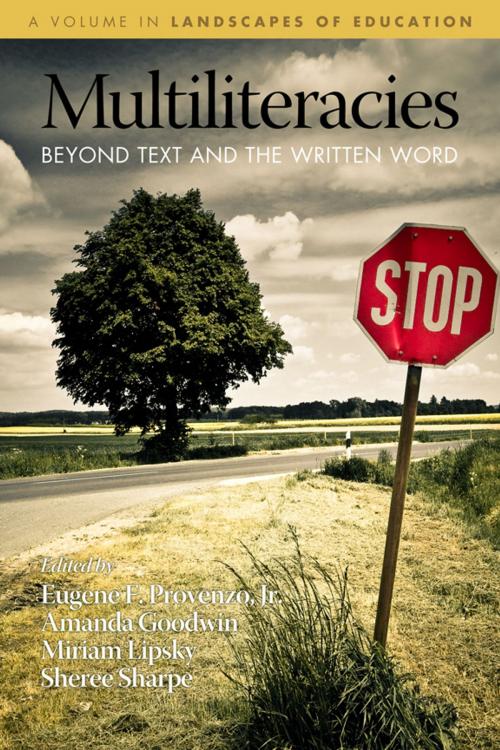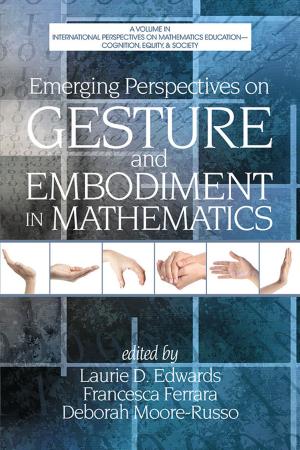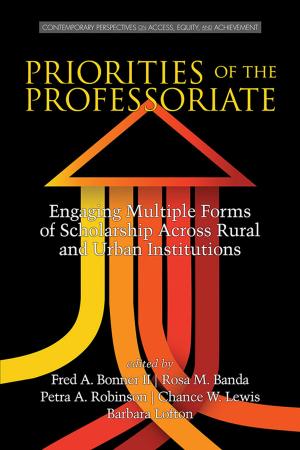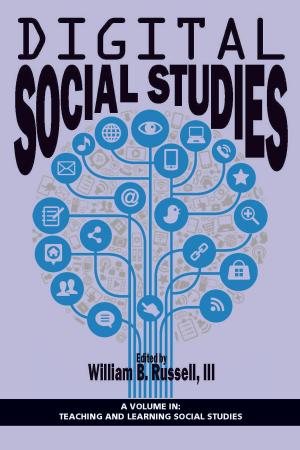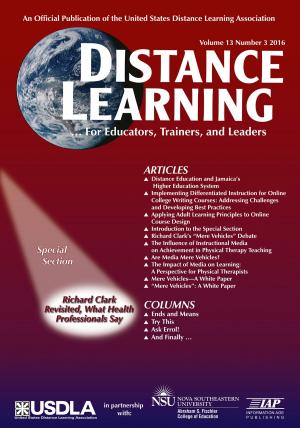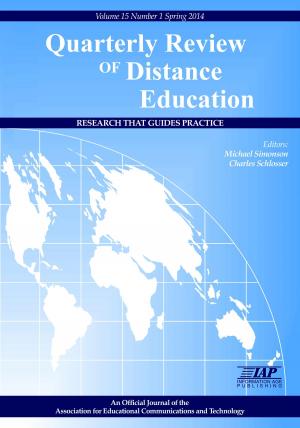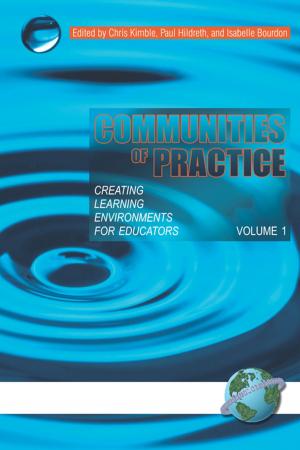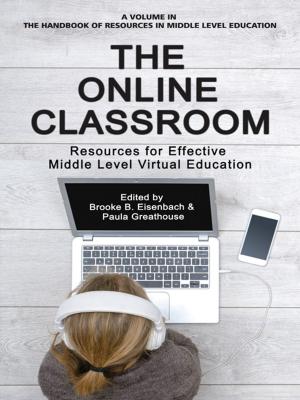Multiliteracies
Beyond Text and the Written Word
Nonfiction, Reference & Language, Language Arts, Literacy, Education & Teaching| Author: | ISBN: | 9781617353444 | |
| Publisher: | Information Age Publishing | Publication: | November 1, 2011 |
| Imprint: | Information Age Publishing | Language: | English |
| Author: | |
| ISBN: | 9781617353444 |
| Publisher: | Information Age Publishing |
| Publication: | November 1, 2011 |
| Imprint: | Information Age Publishing |
| Language: | English |
Multiliteracies: Beyond Text and the Written Word emphasizes literacies which are, or have been, common in American culture, but which tend to be ignored in more traditional discussions of literacy—specifically textual literacy. By describing multiliteracies or alternative literacies, and how they function, we have tried to develop a broader understanding of what it means to be literate in American culture. The 39 topical essays/chapters included in this work represent a sampler of both old and new literacies that are clearly at work in American culture, and which go beyond more traditional textual forms and models. Multiliteracies: Beyond Text and the Written Word asks: How is the experience of students changing outside of traditional schools, and how do these changes potentially shape the work they do, how they learn, and the lives they lead in schools and less formal settings? This work assumes that our increasing diversity in a postmodern and increasingly global society brings with it demands for a broader understanding of what it means to be literate. Multiliteracy “literally” becomes a necessity. This work is a guidebook to the new reality, which is increasingly so important to schools and the more general culture.
Multiliteracies: Beyond Text and the Written Word emphasizes literacies which are, or have been, common in American culture, but which tend to be ignored in more traditional discussions of literacy—specifically textual literacy. By describing multiliteracies or alternative literacies, and how they function, we have tried to develop a broader understanding of what it means to be literate in American culture. The 39 topical essays/chapters included in this work represent a sampler of both old and new literacies that are clearly at work in American culture, and which go beyond more traditional textual forms and models. Multiliteracies: Beyond Text and the Written Word asks: How is the experience of students changing outside of traditional schools, and how do these changes potentially shape the work they do, how they learn, and the lives they lead in schools and less formal settings? This work assumes that our increasing diversity in a postmodern and increasingly global society brings with it demands for a broader understanding of what it means to be literate. Multiliteracy “literally” becomes a necessity. This work is a guidebook to the new reality, which is increasingly so important to schools and the more general culture.
